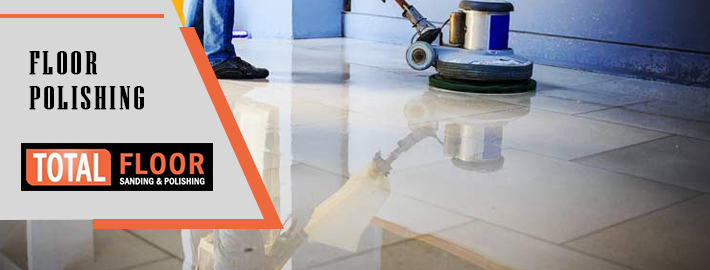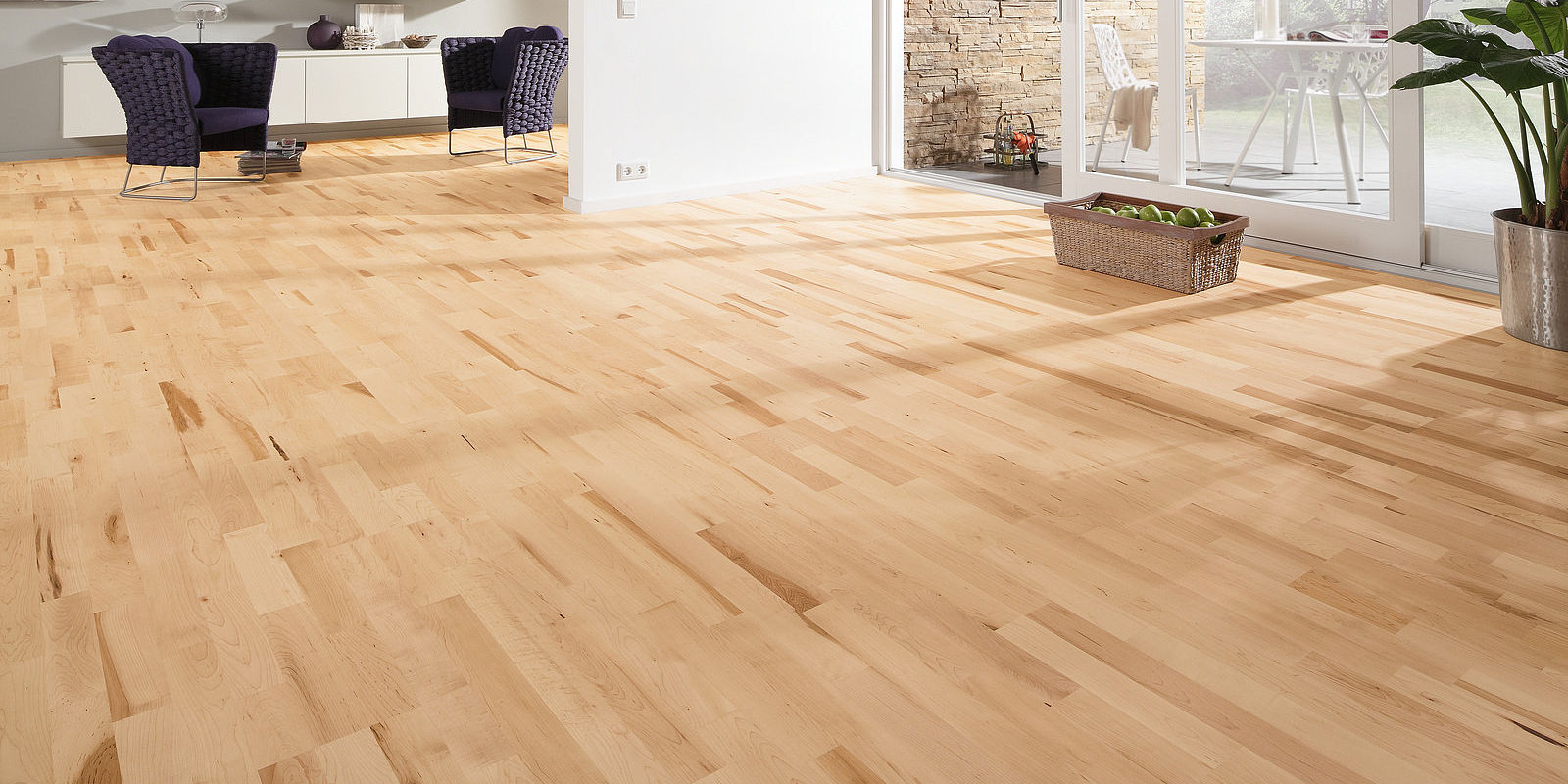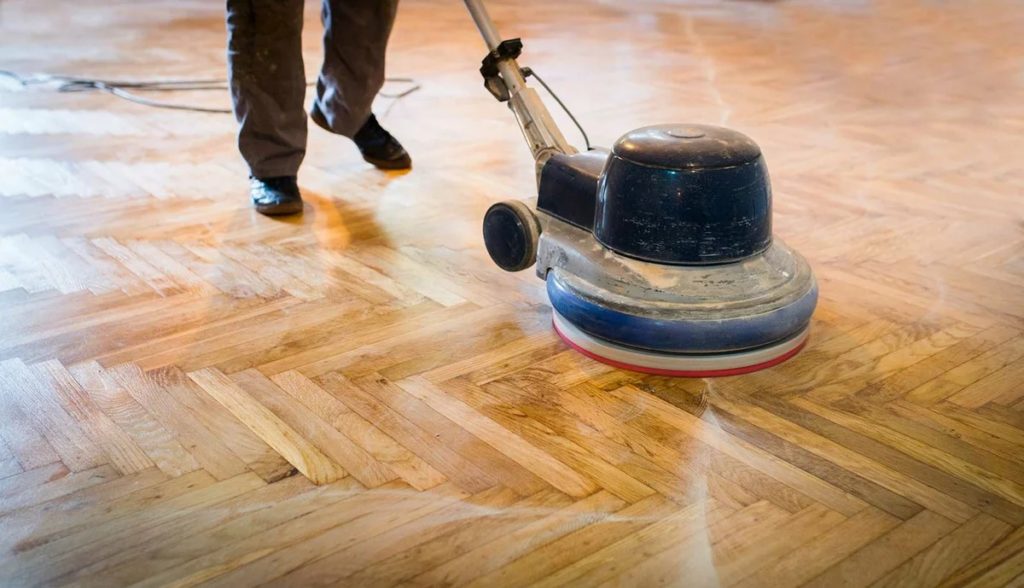Industrial floor polishing is an essential aspect of maintaining a clean, safe, and aesthetically pleasing working environment. Whether it’s a warehouse, factory, or commercial space, polished floors offer numerous benefits that go beyond just appearance. In this detailed blog, we’ll explore the various types of industrial floors, the numerous benefits of industrial floor polishing Geelong, and the essential steps in the polishing process.
Additionally, we’ll provide valuable insights into preparing for industrial floor polishing and tips for ongoing maintenance. By the end of this article, you will have a comprehensive understanding of how to achieve and maintain beautifully polished floors.
Understanding Industrial Floor Polishing
Industrial floor polishing is a process that involves the restoration and enhancement of various types of flooring commonly found in industrial settings. It is a specialised technique that aims to improve the appearance, durability, and safety of industrial floors. By using advanced equipment and techniques, industrial floor polishing Geelong professionals can transform dull and worn-out floors into vibrant, polished surfaces.
Types of Industrial Floors
There are various types of floors commonly found in industrial settings, each requiring specific polishing techniques. Some common types of industrial flooring are:
- Concrete Floors:
Concrete floors are widely used in industrial settings due to their durability and affordability. They require proper polishing to remove imperfections, smooth out the surface, and enhance their appearance.
- Epoxy Floors:
Epoxy floors are highly resistant to chemicals, stains, and impact. Polishing epoxy floors helps improve their shine, durability, and resistance to wear.
- Terrazzo Floors:
Terrazzo floors are composed of marble or granite chips embedded in a cementitious or epoxy binder. Polishing terrazzo floors helps restore their natural beauty, remove scratches, and create a high-gloss finish.
- Vinyl Floor Polishing:
Vinyl floors, commonly used in industrial spaces for their cost-efficiency and low maintenance, can benefit from periodic polishing. This process entails removing old finishes, thorough cleaning, and applying fresh polish or wax, resulting in a resilient, lustrous, and stain-resistant surface.
Understanding the characteristics of each type of flooring is crucial to determine the appropriate polishing techniques and products.
Benefits of Industrial Floor Polishing
In industrial settings with heavy traffic and exposure to harsh elements, regular floor polishing is vital for safety, cleanliness, and improved aesthetics, offering a range of additional advantages. So here are some benefits of industrial floor polishing.
- Improved Aesthetic Appeal:
One of the primary reasons to opt for industrial floor polishing Geelong is the significant improvement in the overall appearance of the floors. Over time, industrial floors can become dull, stained, and worn out due to constant use. Floor polishing helps remove surface imperfections, stains, and scratches, restoring the floor’s natural shine. The result is a clean, glossy finish that enhances the aesthetic appeal of the industrial space.
- Enhanced Durability:
Industrial floors are subject to heavy wear and tear, making them more susceptible to damage. Floor polishing involves the application of a protective sealant or coating that strengthens the floor’s durability. This protective layer acts as a shield against scratches, spills, chemicals, and other forms of damage. By enhancing the durability of your industrial floors, you can prolong their lifespan and avoid costly repairs or replacements in the long run.
- Easier Maintenance:
Polished industrial floors are easier to clean and maintain compared to untreated floors. The smooth, dense surface created during the polishing process seals the pores of the concrete, reducing the absorption of dirt, dust, and liquids. This makes regular sweeping, mopping, and spill cleanup a breeze. With minimal effort, you can keep your industrial floors looking clean and well-maintained, creating a more hygienic work environment.
- Increased Safety:
Safety is of utmost importance in industrial settings. Polished floors contribute to a safer workplace by reducing the occurrence of accidents. The reflective nature of the polished surface improves visibility, reducing the risk of slips, trips, and falls. Furthermore, floor polishing can include the application of anti-slip coatings or textures, further enhancing traction and preventing accidents caused by slippery floors.
- Resistance to Stains and Chemicals:
Industrial floors are often subjected to spills, stains, and exposure to chemicals. Untreated floors can absorb these substances, leading to permanent stains or damage. Floor polishing, however, creates a protective barrier that repels chemicals and prevents stains from penetrating the surface. This resistance to stains and chemicals not only maintains the appearance of the floors but also preserves their integrity over time.
- Cost-effective Solution:
Investing in industrial floor polishing is a cost-effective solution compared to other flooring options. Polishing an existing concrete floor eliminates the need for costly floor replacements. Additionally, the durability and low maintenance requirements of polished floors result in long-term cost savings. By extending the lifespan of your industrial floors and minimising the need for repairs, you can allocate your resources towards other essential operational expenses.
- Environmentally Friendly:
Floor polishing is an environmentally friendly choice for industrial spaces. It eliminates the need for harsh chemicals and solvents typically used in other forms of floor treatments. The process utilises diamond grinding tools and non-toxic sealants or coatings, reducing the carbon footprint and promoting a healthier work environment. Additionally, polished floors can help improve indoor air quality by minimising the accumulation of dust and allergens.
Preparing for Industrial Floor Polishing
- Assessing the Condition of the Floor
Before initiating the polishing process, it is crucial to assess the condition of the floor. Look for signs of damage, such as cracks, chips, or unevenness. If the floor is severely damaged, it might require repairs before polishing. Additionally, evaluate the level of wear and tear to determine the extent of polishing required.
- Cleaning and Repairing Before Polishing
Thorough cleaning is essential to remove any dirt, debris, or contaminants from the floor surface. This can be done using a combination of sweeping, vacuuming, and mopping. If there are any cracks, chips, or holes, they should be repaired using suitable materials and techniques. Repairing the floor ensures a smooth and even surface for the polishing process.
- Safety Precautions to Consider
Safety should always be a top priority when preparing for industrial floor polishing. Ensure that the area is properly ventilated to avoid inhalation of dust or fumes. Use protective gear, such as safety goggles, gloves, and masks, to minimise exposure to harmful substances. Keep the workspace clean and organised to prevent accidents during the preparation process.
The Industrial Floor Polishing Process
- Surface Preparation
Before the polishing process begins, proper surface preparation is crucial. This involves thorough cleaning of the floor to remove any dirt, debris, or coatings that may interfere with the polishing process. Any necessary repairs, such as filling cracks or fixing uneven areas, should also be addressed at this stage. A clean and properly prepared surface ensures that the polishing process is effective and achieves the desired results.
- Grinding and Honing
Grinding is the initial step in the polishing process. It involves using a series of diamond abrasive pads or discs to remove imperfections, such as stains, scratches, or unevenness, from the floor’s surface. This process helps to level the floor and prepare it for the subsequent steps.
Honing is a finer grinding step that follows the initial grinding. It further smoothens the surface and prepares it for polishing. Honing also helps to refine the floor’s appearance and enhance its shine.
- Polishing
Polishing is the final step in the industrial floor polishing Geelong process. It involves using progressively finer grit levels of diamond-impregnated polishing pads or discs to achieve the desired level of shine. The polishing process brings out the natural lustre of the floor and enhances its overall appearance. The number of polishing steps and the grit levels used depend on the desired outcome and the type of floor being polished.
- Sealing and Maintenance
Once the industrial floor has been polished, it is important to seal it to protect it from stains and damage. A high-quality sealer is applied to the polished floor, creating a barrier that helps to prevent the penetration of liquids, oils, and chemicals. This makes the floor easier to clean and maintain.
Tips to Maintain Polished Floors
Once the initial polishing process is complete, it is crucial to implement a regular maintenance routine to preserve the polished floors’ beauty and functionality. Here are some practical tips for keeping your floors in top condition:
- Regular Cleaning: Sweeping or vacuuming the floors daily helps remove dirt, dust, and debris that could potentially scratch the surface. Mopping with a neutral pH cleaner or a specially formulated cleaner for polished floors is recommended. Avoid using harsh chemicals or abrasive cleaners as they can damage the finish.
- Spill Cleanup: Accidental spills should be promptly cleaned to prevent staining or etching. Use a mild detergent or an approved cleaner for the specific flooring material. Avoid using acidic or alkaline cleaners as they can damage the polished surface.
- Preventive Measures: Place mats or rugs at entrances to trap dirt and moisture, preventing them from being tracked onto the polished floors. Regularly check and replace any worn or damaged floor protection such as chair glides or caster wheels to prevent scratching.
- Regular Maintenance: Periodic maintenance, such as reapplication of sealant or finish, may be necessary depending on the level of traffic and wear. Consult with professionals or refer to manufacturer guidelines for appropriate maintenance schedules.
Choosing the Right Industrial Floor Polishing Service Provider
When it comes to industrial floor polishing, it is crucial to hire experienced professionals who have the necessary expertise. Industrial floor polishing requires specialised knowledge and skills to achieve the desired results. Experienced professionals understand the intricacies of different flooring types and can recommend the most appropriate polishing methods and products.
Conclusion:
In conclusion, industrial floor polishing Geelong offers numerous benefits for businesses operating in industrial settings. Polished floors enhance durability, improve safety, and create a sleek and professional image. The industrial floor polishing process includes surface preparation, grinding and honing, polishing, and sealing and maintenance.
By hiring an experienced and reputable service provider, businesses can ensure that their industrial floors are polished to the highest standards. To enhance the aesthetics, durability, and safety of your industrial space, consider professional industrial floor polishing services from Total Floor Polishing Melbourne. Your floors will not only look great but also withstand the demands of your daily operations.
Contact Total Floor Sanding and Polishing now for a floor transformation that elevates safety, aesthetics, and longevity in your industrial space.




